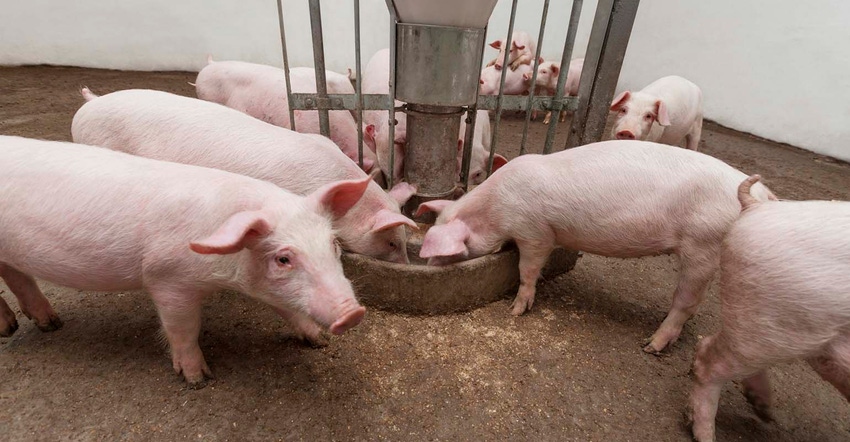
by Bloomberg News
China plans to treat more waste from livestock breeding to improve its rural environment and reduce agriculture pollution in the world’s top pork producer.
Pollution from the country’s livestock breeding is becoming an “outstanding issue” after years of steady development of the sector to ensure meat, eggs and dairy supply, according to a summary of remarks by Vice Premier Wang Yang at a conference on Tuesday. China will increase treatment of animal wastes, encourage more use of bio-gas in the countryside and expand large-size scale farms which are able to treat the waste, he said.
China is tackling soil pollution as part of its nationwide agriculture reforms, with its top legislative body considering tougher penalties for those who pollute water and prohibiting the building of homes or schools in areas with contaminated soil. The country has dealt with problems including cases where crops have been grown in areas contaminated with cadmium. China has more than half of the world’s pigs, according to the U.S. Department of Agriculture.
Farmers favor using chemical fertilizers, which save time and costs, over organic fertilizer, Yu Kangzhen, vice agriculture minister, told a press conference on June 14. That’s seen about 40% of China’s 3.8 billion tons of annual animal waste left untreated and unutilized, he said. China is aiming to increase the use of animal waste as fertilizer for fruit, tea and vegetables by as much as 50% by 2020.
Some local governments are closing down more pig farms or banning breeding due to pollution concerns, which may threaten supply, said Yu. China’s central government will offer financial support to 500 counties and 200,000 large farms for waste treatment facilities, he said.
To contact Bloomberg News staff for this story: Niu Shuping in Beijing at [email protected]
To contact the editors responsible for this story: Phoebe Sedgman at [email protected]
Atul Prakash
© 2017 Bloomberg L.P
About the Author(s)
You May Also Like




